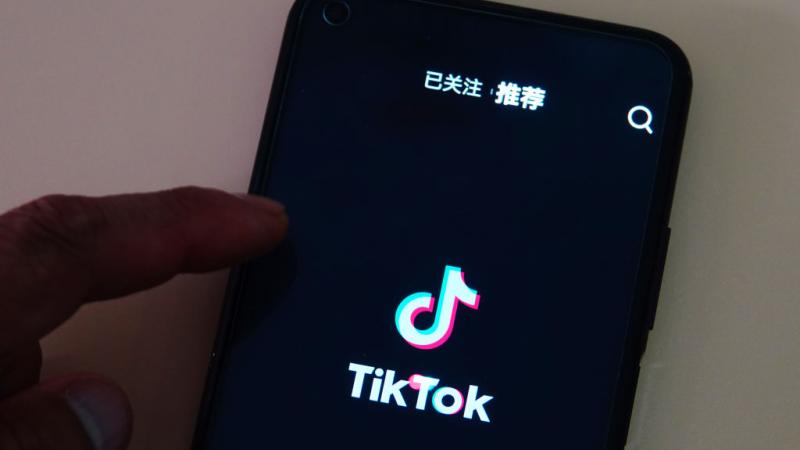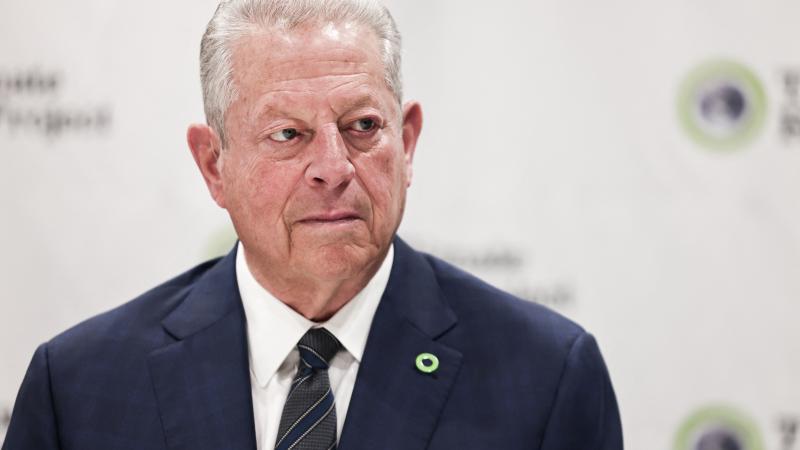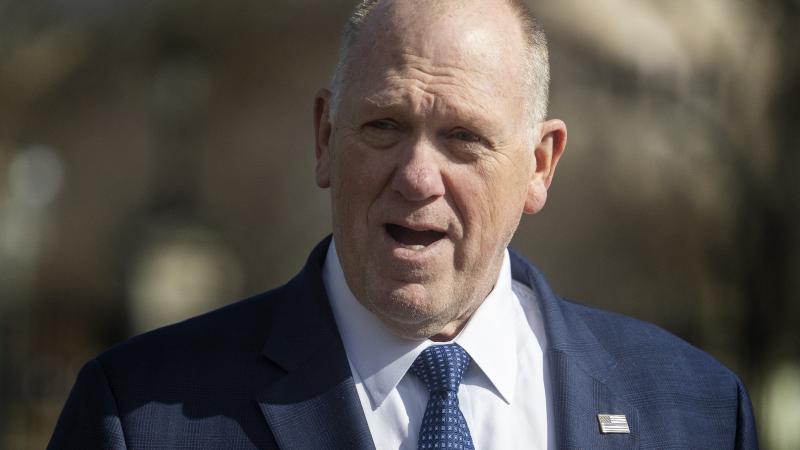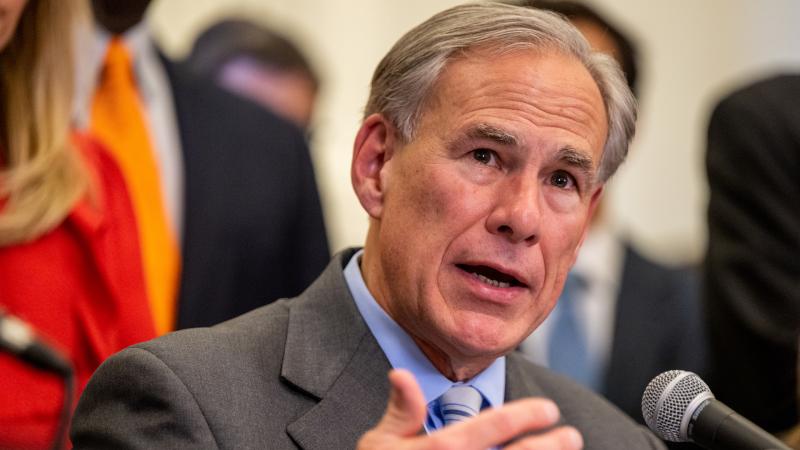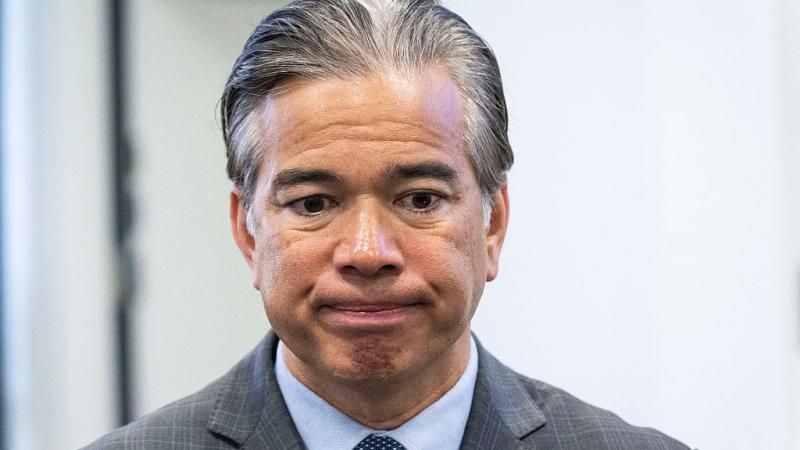TikTok employees raise concern about app's effect on teens in video released by court
“We have these expectations and goals, and they’re not necessarily congruent with good mental health,” said TikTok’s global head of creator advocacy and reputation
A newly unsealed video presented as evidence in a North Carolina lawsuit against TikTok shows current and former employees raising concerns internally about how the app’s algorithm could hurt young users’ mental health.
North Carolina’s then-Attorney General Josh Stein along with a group of other state attorneys general, sued TikTok last year for unfair or deceptive trade practices. They alleged that TikTok was designed to be “highly addictive to minors” and that the company has deceived parents and children about the app’s potential safety risks.
On Tuesday, North Carolina Superior Court Judge Adam Conrad ruled that both the complaint and the video, which was obtained during Stein's investigation of TikTok, should not be sealed from public view, CNN reported. The judge also denied TikTok’s motion to dismiss the lawsuit. (Stein is now the state's governor.)
The video is a compilation of clips from internal video meetings and appears to show some TikTok employees raising questions about the safety of the app for teens. It’s unclear when exactly the meetings took place.
“Unfortunately, some of the stuff that people find interesting are not always the most healthy,” Nicholas Chng, who worked on risk detection at TikTok before leaving last year, said in the video. “We do, in a way, encourage some of this content being put up just because of the way the platform is designed. And sometimes I worry about that.”
Brett Peters, who now serves as TikTok’s global head of creator advocacy and reputation, mentioned the company’s “lofty goals of getting people to be on the app longer.”
“Literally, that’s like why we’re all here is to help continue to diversify the content ecosystem, to make TikTok a place where you can get so much different types of content that you never want to leave,” Peters said.
“We have these expectations and goals, and they’re not necessarily congruent with good mental health,” he added.
Alexandra Evans, who led TikTok’s safety public policy in Europe before leaving the company in 2022, said that the app “has baked into it compulsive use.”
“I think that the reason why kids watch TikTok is that the (algorithm) is really good,” Evans said. “It’s not because we’ve tried to do anything horrible, but I think we need to be cognizant of what it might mean for other opportunities. And when I say opportunities, I literally mean sleep and eating and moving around the room and looking at somebody in the eyes.”
While it’s not uncommon for tech safety teams to internally discuss how to improve their platforms, North Carolina’s current attorney general, Jeff Jackson (D), said the video supports the state’s allegations that TikTok has known about and covered up safety risks.
“These videos prove what we’ve argued in court: social media companies are keeping kids hooked to maximize profits, even at the expense of their health,” Jackson told CNN.
The North Carolina lawsuit seeks unspecified financial penalties, and a court order preventing TikTok from “engaging in the unfair or deceptive acts and practices” described in the complaint.
In recent years, the app has added youth safety and parental control features, including a “guided meditation” feature purportedly to encourage teens to reduce scrolling.
While TikTok had sought to have the video sealed to protect the employees’ personal information, Conrad's order denying the motion on Tuesday said that “the employees’ association with the case may entail some embarrassment, but that alone does not outweigh the public’s right of access.”

